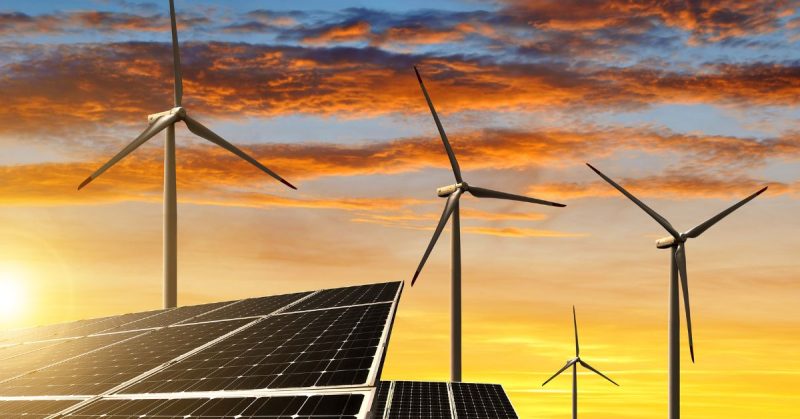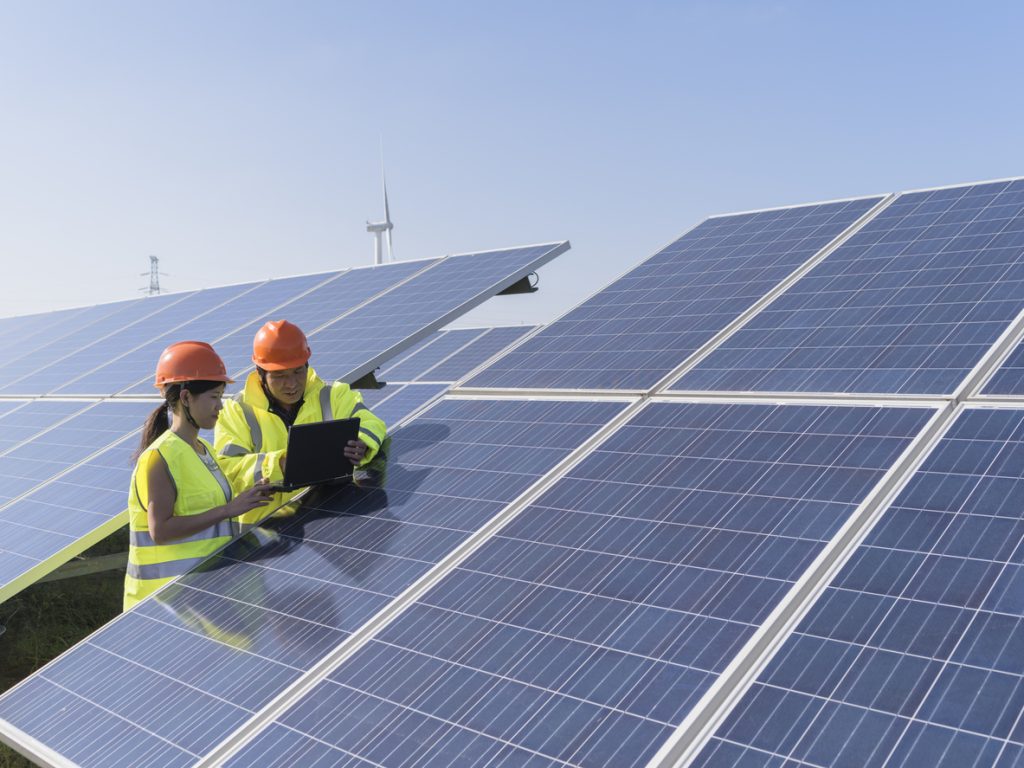
Zero Carbon Economy: The Path to a Sustainable Future
Achieving Carbon Neutrality Through Innovation and Policy Changes
Understanding the Zero Carbon Economy
We live in an era where human innovation has the power to either build or destroy. At this critical crossroads, making transformative decisions about our future is essential—especially regarding climate change. The only way to reverse environmental damage is by shifting from a high-carbon economy to a Zero Carbon Economy, where greenhouse gas emissions are drastically reduced and, ultimately, eliminated.
A low-carbon economy depends on power sources that produce minimal emissions, yet the term “low” remains ambiguous. Meeting international climate targets, particularly those established in COP21, requires more than just emission reductions; it demands zero industrial carbon emissions.
What Does Zero Carbon Mean?
A Zero Carbon Economy involves shifting all industrial CO₂ emissions to non-emitting energy sources. While completely eliminating carbon emissions remains impossible due to agricultural and industrial limitations, achieving a 90% reduction, also known as virtual zero carbon, is a realistic goal.
Scientists agree that true net-zero carbon requires developing technologies capable of actively removing CO₂ from the atmosphere. Current projections aim for virtual zero carbon by 2050, with actual net-zero carbon expected towards the end of the century through continuous advancements in technology.
The Global Push for Zero Carbon
The Climate Action Network (CAN), representing over 1,100 NGOs across 120+ countries, is advocating for the rapid phase-out of fossil fuel emissions and a transition to 100% renewable energy by 2050. Additionally, stopping deforestation remains a priority, as it ranks as the second-largest contributor to global CO₂ emissions after burning fossil fuels.
Progress Towards a Zero Carbon Economy
Several countries have taken significant steps toward sustainability:
- Sweden is on track to be fully powered by renewable energy by 2050. Currently, two-thirds of its electricity comes from non-fossil fuel sources, including hydropower and nuclear energy. Further investments in solar and wind energy are planned.
- Masdar City (UAE) was envisioned as the world’s first zero-carbon city. Initially designed as a carbon-neutral hub for cleantech innovation, only a portion of the project has been completed. Today, its goals align with Abu Dhabi’s broader renewable energy strategy.
What Needs to Happen Next?
To reach true zero carbon, economies worldwide must implement bold policies and invest in research and development for carbon-neutral technologies. Governments should prioritize:
- Phasing out fossil fuel subsidies
- Investing in renewable energy infrastructure
- Enhancing carbon capture and storage (CCS) technology
- Encouraging energy efficiency in industry, transport, and housing
- Strengthening regulations to enforce carbon reduction commitments
FAQs: Zero Carbon Economy
A Zero Carbon Economy refers to an economic system where CO₂ emissions are either completely eliminated or offset by carbon removal technologies, leading to a net-zero impact on the environment.
A low-carbon economy focuses on reducing emissions but does not necessarily eliminate them. In contrast, a zero-carbon economy aims to eliminate industrial CO₂ emissions entirely.
To prevent catastrophic climate change, scientists agree that we must limit global temperature rise to below 2°C. Achieving zero carbon is crucial to meeting this goal and avoiding severe environmental consequences.
While completely eliminating CO₂ emissions is not yet possible, achieving a 90% reduction (virtual zero carbon) is feasible by 2050. The remaining emissions can be balanced using carbon capture technologies.
Renewable energy sources like solar, wind, and hydroelectric power are central to replacing fossil fuels, enabling a cleaner, more sustainable economy.
Interested In Our Services?
Operations and Maintenance
We monitor, clean, and service renewable assets to maintain optimal performance and long term yield
Check the below for more details
More Details
Contact Us for More Details
Fill the Form Below and We Will Get Back to You Within 24 Hours

